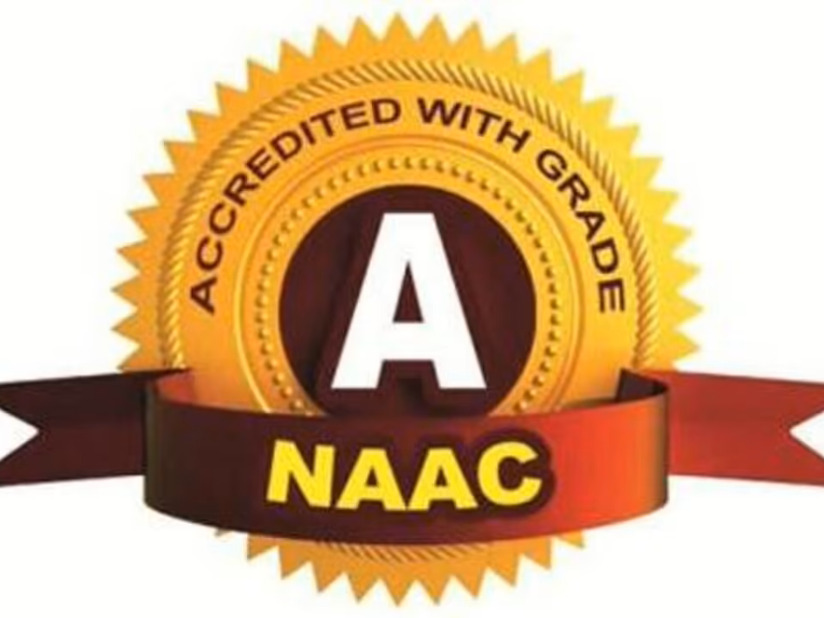INSTITUTIONAL ETHICAL COMMITTEE
Chairperson : Dr. N. Siva Kumar
Member Secretary : Mrs. G. Thejovathi,
Scientific Member : Dr V. Kumari
Clinician : Dr Mahidhar Reddy
Member : Dr. Anjani Devi.N
Basic Medical Scientist : Dr Sreenivasulu Munna
Legal Expert : Mr. P. Vijaya Kumara Reddy
Social Scientist : Mr Natha Krishna Kumar
Lay Person : Mr. Sudhakar. Bandhila
Frequency of Meeting : Yearly Thrice & as and when required
Functions for Chairperson
- Conduct EC meetings and be accountable for independent and efficient functioning of the committee.
- Ensure active participation of all members (particularly non-affiliated, non-medical/ non- technical) in all discussions and deliberations.
- Ratify minutes of the previous meetings.
- In case of anticipated absence of both Chairperson and Vice Chairperson at a planned meeting, the Chairperson should nominate a committee member as Acting Chairperson or the members present may elect an Acting Chairperson on the day of the meeting. The Acting Chairperson should be a non-affiliated person and will have all the powers of the Chairperson for that meeting.
- Seek COI declaration from members and ensure quorum and fair decision making.
- Handle complaints against researchers, EC members, conflict of interest issues and requests for use of EC data, etc.
Functions of the Member secretary
- Organize an effective and efficient procedure for receiving, preparing, circulating and maintaining each proposal for review.
- Schedule EC meetings, prepare the agenda and minutes.
- Organize EC documentation, communication and archiving.
- Ensure training of EC secretariat and EC members.
- Ensure SOPs are updated as and when required.
- Ensure adherence of EC functioning to the SOPs.
- Prepare for and respond to audits and inspections.
- Ensure completeness of documentation at the time of receipt and timely inclusion in agenda for EC review.
- Assess the need for expedited review/ exemption from review or full review.
- Assess the need to obtain prior scientific review, invite independent consultant, patient or community representatives.
- Ensure quorum during the meeting and record discussions and decisions.
Basic Medical Scientist:
- Scientific and ethical review with special emphasis on the intervention, benefit-risk analysis, research design, methodology and statistics, continuing review process, SAE, protocol deviation, progress and completion report
- For clinical trials, pharmacologist to review the drug safety and pharmacodynamics.
Clinician:
- Scientific review of protocols including review of the intervention, benefit-risk analysis, research design, methodology, sample size, site of study and statistics
- Ongoing review of the protocol (SAE, protocol deviation or violation, progress and completion report).
- Review medical care, facility and appropriateness of the principal investigator, provision for medical car, management and compensation.
- Thorough review of protocol, investigators brochure (if applicable) and all other protocol details and submitted documents.
Legal expert:
- Ethical review of the proposal, ICD along with translations, MoU, Clinical Trial Agreement (CTA), regulatory approval, insurance document, other site approvals, researcher’s undertaking, protocol specific other permissions, such as, stem cell committee for stem cell research, HMSC for international collaboration, compliance with guidelines etc.
- Interpret and inform EC members about new regulations if any
Social scientist
- Ethical review of the proposal, ICD along with the translations.
- Assess impact on community involvement, socio–cultural context, religious or philosophical context, if any
- Serve as a patient/participant/ societal / community representative and bring in ethical and societal concerns.
Lay person
- Ethical review of the proposal, ICD along with translation(s).
- Evaluate benefits and risks from the participant’s perspective and opine whether benefits justify the risks.
- Serve as a patient/participant/ community representative and bring in ethical and societal concerns.
- Assess on societal aspects if any
Roles and responsibilities of the EC
- The basic responsibility of an EC is to ensure protection of the dignity, rights, safety and well-being of the research participants.
- The EC must ensure ethical conduct of research by the investigator team.
- The EC is responsible for declaration of conflicts of interest to the Chairperson, if any, at each meeting and ensuring these are recorded in the minutes.
- The EC should perform its function through competent initial and continuing review of all scientific, ethical, medical and social aspects of research proposals received by it in an objective, timely and independent manner by attending meetings, participation in discussion and deliberations.
- The EC must ensure that universal ethical values and international scientific standards are followed in terms of local community values and customs.
- The EC should assist in the development and education of the research community in the given institute (including researchers, clinicians, students and others), responsive to local healthcare requirements. Responsibilities of members should be clearly defined , The SOPs should be given to EC members at the time of their appointment.
- The Secretariat should support the Member Secretary and Alternate Member Secretary (if applicable) in all their functions and should be trained in documentation and filing procedures under confidentiality agreement.
- The EC should ensure that privacy of the individual and confidentiality of data including the documents of EC meetings is protected.
- The EC reviews progress reports, final reports and AE/SAE and gives needful suggestions regarding care of the participants and risk minimization procedures, if applicable.
- The EC should recommend appropriate compensation for research related injury, wherever required.
- The EC should carry out monitoring visits at study sites as and when needed.
- The EC should participate in continuing education activities in research ethics and get updated on relevant guidelines and regulations.
- The EC may see that conduct of same/similar research by different investigators from same institution is harmonized. ‘Me too’ research (replicative) should not to be encouraged and submission of same research to different funding agencies should not be accepted.

